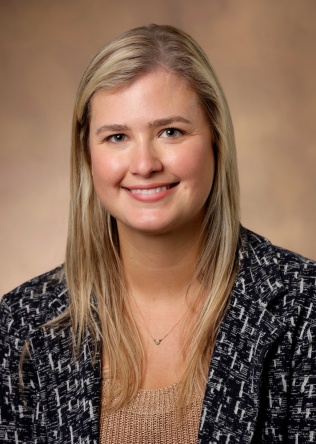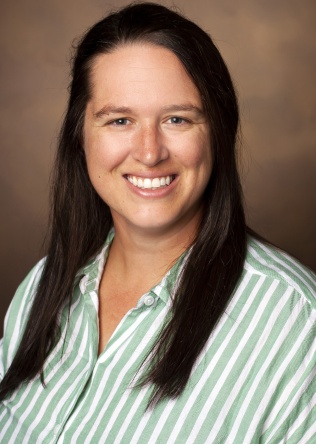Thank you for your interest in the Obstetrics and Gynecology residency training program at Vanderbilt University Medical Center. We are proud to offer a university-based, rigorous training which spans the breadth and depth of our specialty. We care for women across the spectrum of their lives and personalize that care to their needs – from low-risk preventive care to the most specialized treatment options. As a trainee in our program, you will learn from and contribute to the care of our large, diverse and complex patient population.
Our residency program is composed of twenty-four residents, six in each of the four years of training. We strive to provide a broad educational experience to all of our trainees while simultaneously providing individualized experiences tailored to each resident’s career goals. Dedicated time toward an individual resident’s focus area and elective opportunities help fulfill this mission. Residents trained in our program are well-prepared for fellowship training, academic roles, or private practice, and our graduates have found success in each of these arenas.
As an intern in our program, you will focus first on low-risk, normal, and well-woman care before advancing to rich experiences in subspecialty care. We pride ourselves in providing excellent training in low-risk obstetrics in collaboration with our nurse midwife and physician faculty. In the outpatient setting, interns work one-on-one with faculty on the basics of ambulatory care and are the center point of our Ryan Residency Training Program in family planning. Residents develop their skills and comfort in subspecialty care with clinical and educational experiences in maternal fetal medicine, reproductive endocrinology and infertility, operative gynecology, female pelvic medicine and reconstructive surgery and gynecologic oncology. The clinical curriculum also includes experiences in pelvic pain, vulvovaginal disorders, menopause care, pediatric and adolescent gynecology, and office-based procedures.
In addition to clinical rotations, the curriculum includes a didactic lecture series, hands-on cadaver and surgical laboratories, simulation programming, and rotation-based conferences. Our residents work with faculty members who have a wide variety of clinical and research interests. Residents participate in quality improvement and safety initiatives both at the department and institutional levels and complete a scholarly research project which many residents have presented at scientific meetings.
Perhaps what makes our training program most rewarding, however, is the sense of collaboration within the residency and the whole department. We attract a diverse group of trainees and faculty who bring unique talents and perspectives and come together to provide care for our diverse population. The larger Vanderbilt community and the city of Nashville are wonderful places to call home. There are endless cultural and social opportunities to explore.
We look forward to making new connections and invite any questions or inquiries about our program.
Virtual Tour



